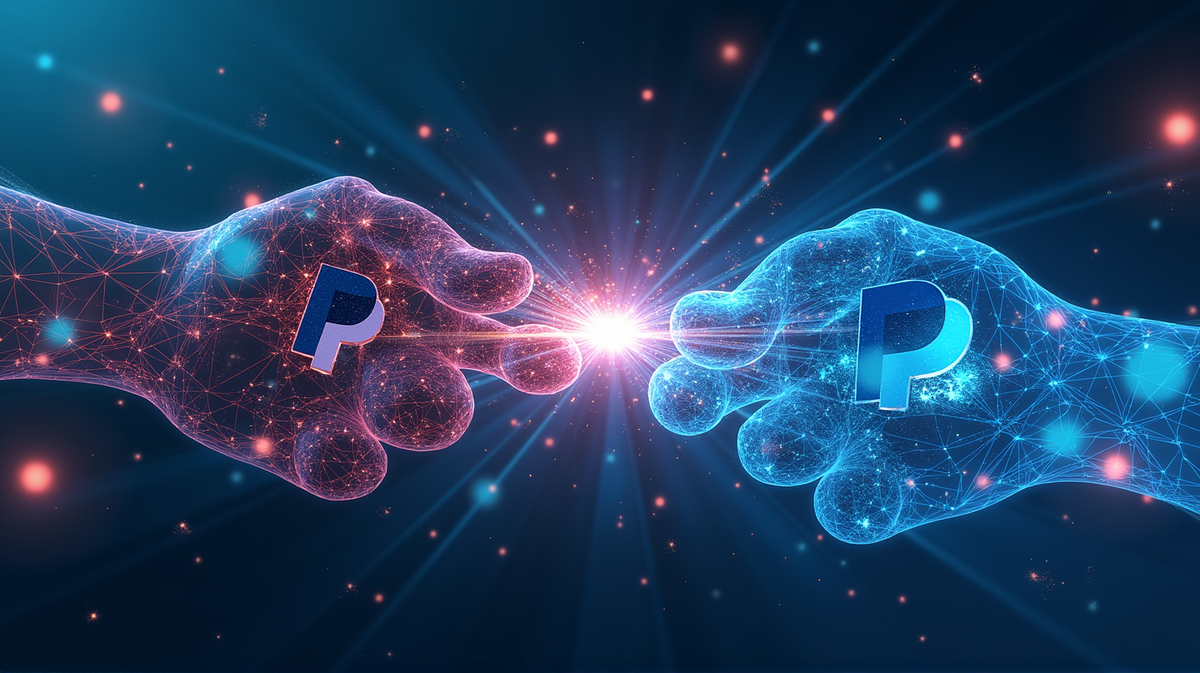Why Block and PayPal's Battle for Your Digital Wallet is Intensifying

In the rapidly evolving world of fintech, heavyweights such as Block and PayPal are fiercely competing to redefine what it means to be your all-in-one online bank. This battle is not just about dominance but about redefining convenience, accessibility, and integration in financial services. Here’s a look into why these companies are clashing and what it means for consumers globally.
The Dawn of a New Digital Banking Era
The traditional boundaries that once defined banking services are continually being blurred by technological innovations. Fintech companies, characterized by their agility and tech prowess, are perfectly poised to exploit these shifts. Block, previously renowned as Square, and PayPal have expanded beyond mere payment solutions. They’re venturing into realms traditionally dominated by banks, such as savings, loans, and investments.
Innovating to Stay Ahead
What’s fascinating about this competitive landscape is the sheer volume of innovation. According to NBC10 Philadelphia, these fintech titans are launching features that were unthinkable just a short while ago. Block, for instance, has made significant strides by integrating cryptocurrency capabilities within its platform, allowing users to buy, sell, and hold BTC seamlessly. Not to be outdone, PayPal has extended its reach by launching ‘buy now, pay later’ options to attract more cautious spenders.
Consumer Experience at the Core
A pivotal factor driving this competition is the desire to enhance user experience. Both Block and PayPal are investing heavily in user-friendly interfaces and comprehensive service offerings that aim to centralize the consumers’ financial activities. From budgeting tools to financial insights and personalized alerts, the goal is clear: maximize customer engagement.
The Tech Battle: AI, Blockchain, and Beyond
A critical battleground in this fintech war is technological advancement. Leveraging technologies like AI, machine learning, and blockchain, both companies aim to secure customer trust and build long-term loyalty. Block’s Cash App and PayPal’s revamped app reflect personalized features driven by AI. As stated in NBC10 Philadelphia, the use of blockchain technology is also becoming a focal point for secure and transparent transactions.
Strategic Challenges and Fierce Competition
Despite the optimism, the race is fraught with challenges. Regulatory constraints remain a significant hurdle for fintech companies aspiring to offer banking-like services. Consumer trust, a critical component in financial services, hinges on building secure and reliable systems that can withstand increasing scrutiny and potential cyber threats.
Future Prospects: Redefining Financial Services
As the line between traditional banks and fintech companies blurs, the scope for what financial services can offer grows immensely. The future holds the potential for comprehensive ecosystems where both personal and business finances are managed in a singular, seamless platform. This transformative vision drives Block and PayPal to continually push the boundaries of digital banking.
In conclusion, the battle between these fintech giants is more than just a competition for market share. It’s about shaping the future of finance, where convenience meets innovation, creating opportunities for consumers to experience banking in a new and integrated way. As they forge ahead, consumers are set to benefit from enhanced features, better service integration, and, potentially, lower costs.





